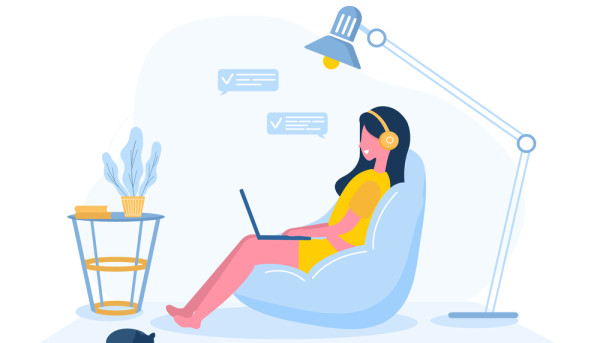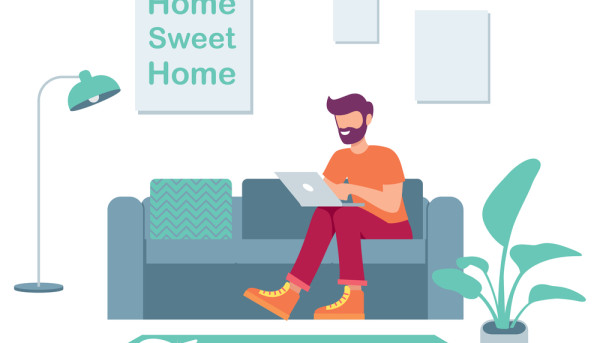Adult Education Resources - Tools and Support for Learners
Adults often take great time weighing the costs and benefits of learning programs before making their decision. They want a clear reason to participate, while being in control of their own learning journey.
LINCS Resource Collection contains high-quality multimedia instructional resources informed by research for use by adult educators. These are reviewed and recommended by subject matter experts.
Self-directed learning
Adult education strives to give adult learners control over their own learning process, making instructor/facilitators vitally important in creating more effective teaching methods and learner-centric environments. Instructors/facilitators must recognize what motivates adult learners so that effective teaching methods and learner-centric environments can be developed more easily.
An effective way to promote self-directed learning is through providing learners with resources such as graphic organizers and learning journals. These tools allow learners to organize and review their work while giving them multiple options for completing their assignments.
Promoting problem-centered learning is also central to self-directed learning, making classes more interesting and engaging for adults. This style of learning works particularly well when taught online courses where adults can explore their interests on their own terms while also encouraging collaboration among learners, keeping students on the right path toward reaching their high school equivalency (HSE) or college and career readiness (CCR) goals.
Online learning
Online learning gives adults the ability to advance their careers and acquire new skills at their own pace and in a flexible, accessible manner. Universities such as John Hopkins and Stanford provide learners with various academic pathways including certificate programs, specializations and even degrees - while its flexibility also enables adult learners to balance work/family responsibilities while continuing their education.
To encourage self-directed learning, educators should provide learners with access to materials and support their individual needs. Furthermore, educators must set clear expectations regarding participation and success criteria as well as offer learners opportunities to set both short and long-term goals - adult learners may have limited experience setting academic goals; an experienced teacher will assist in setting realistic ones.
This collection from KET offers videotaped segments from actual classroom settings that demonstrate inquiry-based strategies for teaching geometry and number operations to adult learners. Each video segment teaches strategies for encouraging group discussion and critical thinking in the classroom; in addition, printable background essays and questions help facilitate these discussions among the learners.
Peer learning
Effective adult education resources provide flexibility, accessibility, and affordability. These tools should enable adult learners to pursue their education and enhance career prospects; at the same time they should help develop essential soft skills like teamwork, communication, and problem-solving.
Peer learning, in which adults with similar interests work together to complete tasks, has proven more successful than traditional classroom instruction and helps reduce anxiety that many adults feel when sitting in classrooms - both factors which hinder the process of learning.
CollectEDNY provides adult educators with free and quality teaching materials designed specifically to adult education instructors, such as differentiation strategies, lesson outlines, tools for in-class, hybrid, and distance education; including topics like college and career readiness, English as a Second Language (ESOL), math reading numeracy as well as webinars/videos on various subjects.
Support for learners with disabilities
Adult education encompasses various forms of learning and development activities for adults, from formal to nonformal education and work-based training, including vocational education - which has become increasingly popular with both developed and developing nations alike - helping adults improve their job skills and advance in their careers.
Adult education programs across the US provide GED prep classes. These resources aim to prepare students for the five-part GED examination through pre-teaching scenarios, background essays and suggested reading materials.
Many adult learners require assistance in order to overcome barriers and make progress toward their goals. Support can include helping ease classroom anxiety and providing stability. Furthermore, adult educators must find ways to meet each learner's unique needs when supporting these responsibilities such as supporting a family or paying bills.











